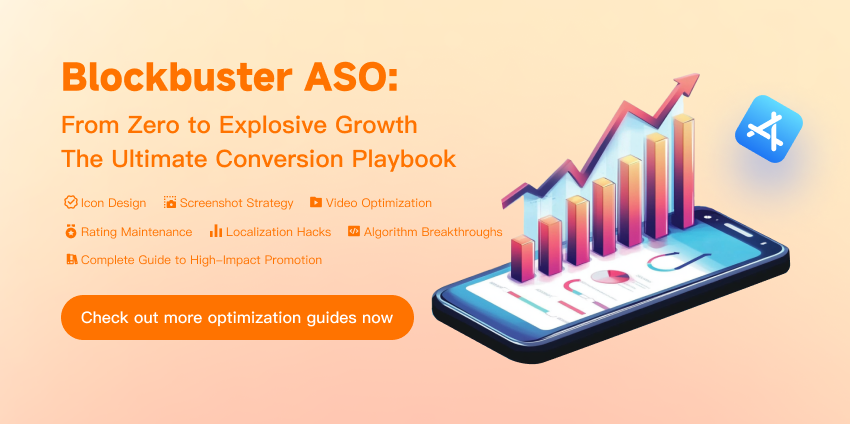
Loading...
Free consultation with ASO specialists
Doing ASO for the first time or have no idea how to carry out targeted optimization of your app?
We offer one-on-one customized services provided by app marketing specialists
Android App Review
Definition of Android App Ratings and Reviews
Android App Review refers to the ratings (1-5 stars) and text feedback submitted by users for applications in the Google Play store, covering evaluations of dimensions such as feature experience, stability, and compatibility. It is a bridge for direct communication between users and developers, and also one of the core indicators for Google Play's algorithm to evaluate application quality. As of 2023, Google Play adds more than 5 billion new reviews per month, forming the "user word-of-mouth database" of the application ecosystem.
Why is it important
-
Key reference for user decision
More than 85% of users will check reviews before downloading. The download conversion rate of applications with ratings below 4.0 stars drops by an average of 70%. Positive reviews (such as "smooth interface" and "no ad interference") can significantly reduce user decision-making costs.
-
Compass for Developer Iteration
Frequently mentioned bugs in reviews (such as crashes and compatibility issues) can help developers prioritize the fixing of key problems. For example, a social application analyzed the concentrated feedback on "message sending failure", optimized the server response speed, and reduced the bad ratings by 40%.
-
The core weight of Google Play ranking algorithm
The quality of reviews (ratings, keyword relevance, and update frequency) directly affects the exposure position of applications in search, charts, and recommendation pages, which in turn determines the scale of natural traffic.
How do Android app ratings and reviews affect Play Store rankings?
-
Ratings and Reviews
-
Weighting: Ratings and reviews account for 20%-30% of the ranking algorithm (second only to ASO keyword match).
-
Dynamic calculation: Recent reviews (within 90 days) are weighted higher than historical reviews, encouraging developers to continuously optimize the experience.
-
Extreme value penalty: If an app receives a large number of 1-star reviews in a short period, its ranking may drop by more than 50%.
-
Keyword relevance of review content
-
The algorithm will extract high-frequency words from reviews (such as "lag", "many ads", and "easy to use") and match them with app descriptions and ASO keywords.
-
Positive case: If words such as "rich courses" and "clear explanation" appear in the reviews of educational applications, the ranking under the keyword "online learning" can be improved.
-
Negative risk: If the negative review keywords (such as "crash" and "unable to log in") are strongly related to the core functions of the app, it may lead to a decline in search ranking.
-
Developer response rate and interaction quality
-
Google Play prioritizes apps with a developer response rate of over 70%, and such apps have an average ranking increase of 15%.
-
Effective replies (such as clear solutions and timeframes) can reduce user churn rates, and even encourage users with negative reviews to modify their ratings.
-
Ratings and Reviews Authenticity Identification
-
The algorithm will filter out fake reviews, and abnormal patterns (such as concentrated time periods of five-star ratings + repeated copy) will trigger ranking penalties.
-
Long text and image reviews (more than 100 words) from real users are weighted higher than short reviews.
Optimization Strategy
-
Proactively guide high-quality reviews
Set up a "feedback pop-up" in the app, and choose to trigger a ratings request at a time when the user is happy (such as after completing a task). This can increase the probability of 5-star ratings by 300%.
-
Negative Reviews Crisis Management
For 1-2 star reviews, reply and solve the problem within 48 hours, about 30% of users will actively improve ratings.
-
Keyword Pre-buried
Naturally embed core ASO keywords (such as "free photo editing" and "ad-free") when replying to reviews, and strengthen the relevance of the algorithm.
Android app reviews are the "invisible lever" of Play Store rankings, reflecting the true experience of the product and influencing traffic distribution rules. Developers need to incorporate review management into their ASO system, using data monitoring (such as ratings trends, keyword clouds) and user operations to build a growth flywheel of "word-of-mouth - ranking - downloads". As AI semantic analysis technology deepens, the impact of reviews on rankings will become more precise and real-time.
Related terms
